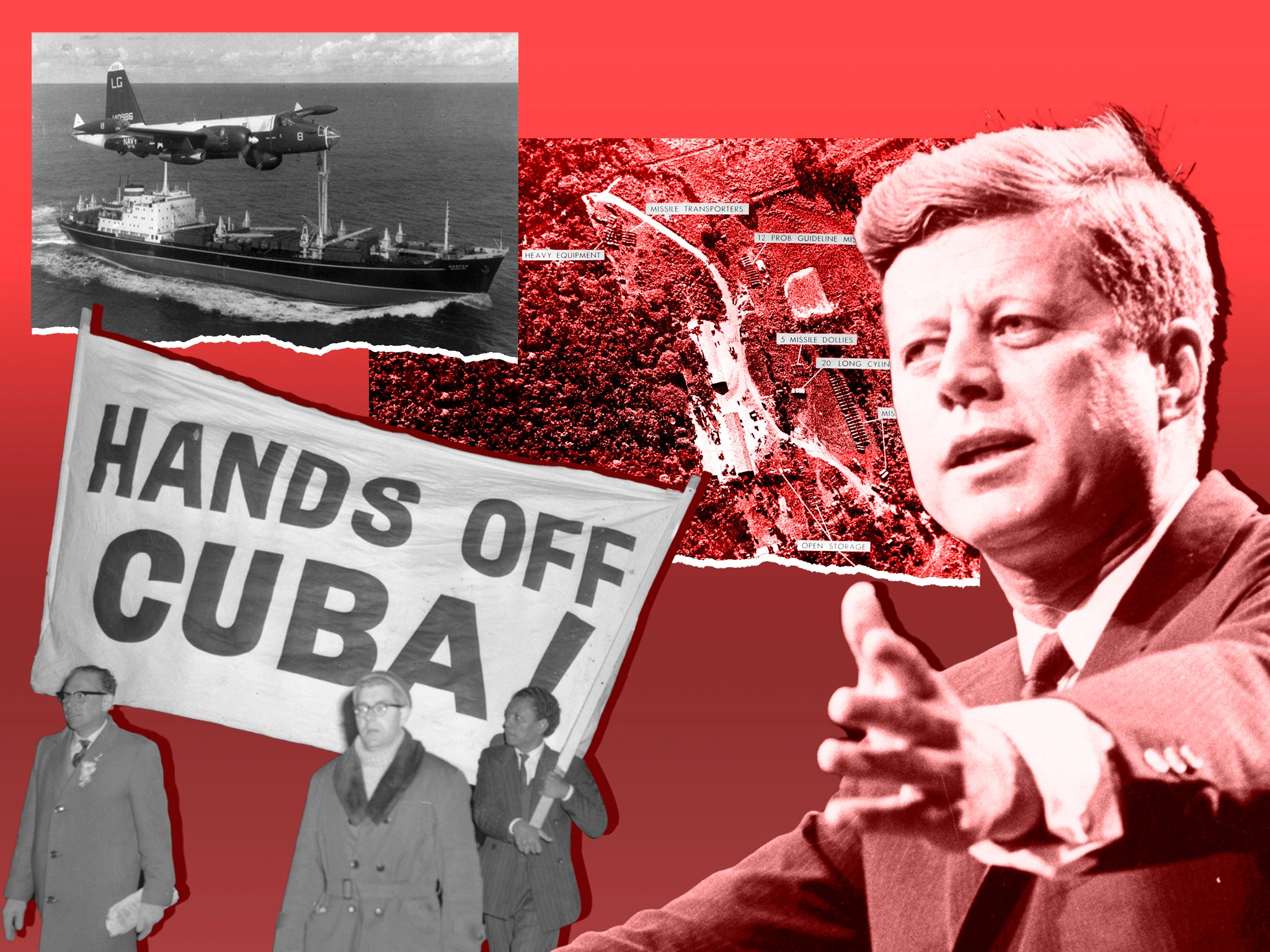On the brink of disaster: What can we learn from the Cuban missile crisis?
Sixty years after one of the biggest flashpoints of the Cold War, Mick O’Hare revisits the crisis and explores why it happened and what we can learn about political brinksmanship

On 27 February this year, shortly after Russia invaded Ukraine, Vladimir Putin placed the country’s nuclear deterrent on high alert. He said it was in response to Nato’s “unacceptable aggression” and that Western nations might suffer “consequences never seen before”. He repeated the threat when he mobilised reservists on 21 September. Putin’s brinkmanship is on a level not witnessed since the Cold War. Political and military strategists are warning that the world is nearer to nuclear annihilation than at any point since 1962.
Sixty years ago this month, what has become known as the Cuban missile crisis began. The world’s two nuclear superpowers, the Soviet Union and the United States, faced off across the Straits of Florida and the world, to resurrect a cliche, held its breath. Although Putin has also said a nuclear war is not winnable, the sabre rattling continues with veiled – and no so veiled – threats. Putin’s motive, presumably, is to make Nato think twice about its level of involvement in the Ukraine war.
But back in 1962, the motives of Soviet premier Nikita Khrushchev were more opaque. Why did the Soviet Union decide to place missiles on an island so close to the US mainland? Khrushchev, an intelligent politician, must have known that the American response would be angry and prodigious which is why, initially, he went to great lengths to conceal the missiles’ deployment. Equally pertinent, given the current situation in eastern Europe, how did the two superpowers extricate themselves from the resulting showdown with no loss of face?
Subscribe to Independent Premium to bookmark this article
Want to bookmark your favourite articles and stories to read or reference later? Start your Independent Premium subscription today.
Join our commenting forum
Join thought-provoking conversations, follow other Independent readers and see their replies